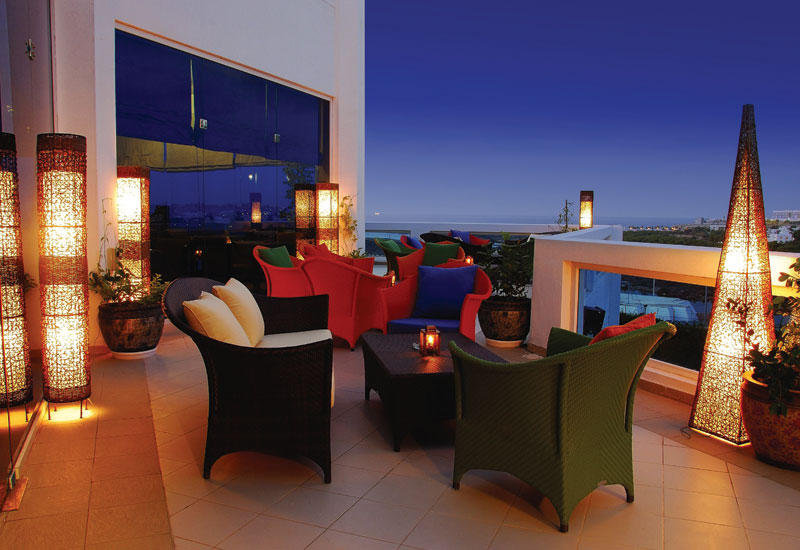 Mumtaz Mahal Restaurant in Muscat, Oman, is in the process of franchising the brand out across the region.
Mumtaz Mahal Restaurant in Muscat, Oman, is in the process of franchising the brand out across the region.
In a region where so many western restaurant franchises have been imported so quickly, could the lack of local identity and owner passion among F&B chain operators harm the industry?
The Middle East is often hailed as a hot-bed of innovation — a breeding ground for unique buildings, hotels and restaurants.
So why is it that so many outlet operators in the region have chosen to import existing western F&B concepts, rather than develop their own; and what effect has this had on the local chain outlet market?
Thomas Klein International managing partner Daniel During said there were multiple reasons for choosing to import brands.
“The Middle East doesn’t have a culinary tradition such as Italy or France, or an immigrant population as in Australia or the Americas, which might see people promoting their own national cuisine by investing in their own businesses,” he noted.
“What we do have in the area are investors with little or no culinary background, who have to purchase the know-how to set up an F&B business — and the best way to buy know-how is through franchises.”
For an operator, purchasing an existing franchise is an attractive option: they are buying into a ready-made, proven and therefore comparitively safe brand; plus there is no lengthy or costly development process, so it can open quickly.
“As local landlords are unwilling to take risks with new, unproven concepts, a franchise makes it easier to obtain prime locations in malls and other areas,” added During.
“Add to that customer brand recognition and it’s pretty much a no-brainer for someone who wants to start up an F&B business, has little or no experience and absolutely no time to invest to develop his own.”

Advertisement
Gautam Moudgill, general manager of Mumtaz Mahal Restaurant — an established Indian concept in Oman which has run for more than 25 years and is now in the process of franchising the brand further afield — noted there was “an element of uncertainty” in expanding an unknown brand.
“If the franchise is not developed with total diligence and adequate resources, the chance of failure is very high,” he conceded.
So expanding is not easy for small, home-grown brands; but is the fact that the Middle East market consists of predominantly foreign franchises a problem?
According to Abdul Rahman Falaknaz, president of International Expo Consults — organiser of Franchise Middle East (FME) — the presence of successful chain outlets ensures the consumer more choice.
“Further advantages come from their expertise and established franchise systems, which help this region to learn,” he noted.
Similarly Sami Daud, chief executive of Gourmet Gulf — the lcoal franchisee for YO! Sushi, Gourmet Burger Kitchen (GBK), California Pizza Kitchen (CPK) and Morelli’s Gelato — noted that the introduction of established players increased competition and standards across the market.
“Choosing to import an existing western franchise is similar to buying a successful business model with an efficient learning curve,” he added.
Daud said the company took “meticulous measures” to ensure the international brands would fit into the regional market.
“This is reflected in every aspect of our restaurants, from the seating area to the greetings and service to our menus. Plus we adapt our menu offerings to local and regional preferences without jeopardising the essence of the brand,” he asserted.
However Thomas Klein’s During said certain limitations necessarily applied to most international franchises.








 Search our database of more than 2,700 industry companies
Search our database of more than 2,700 industry companies









